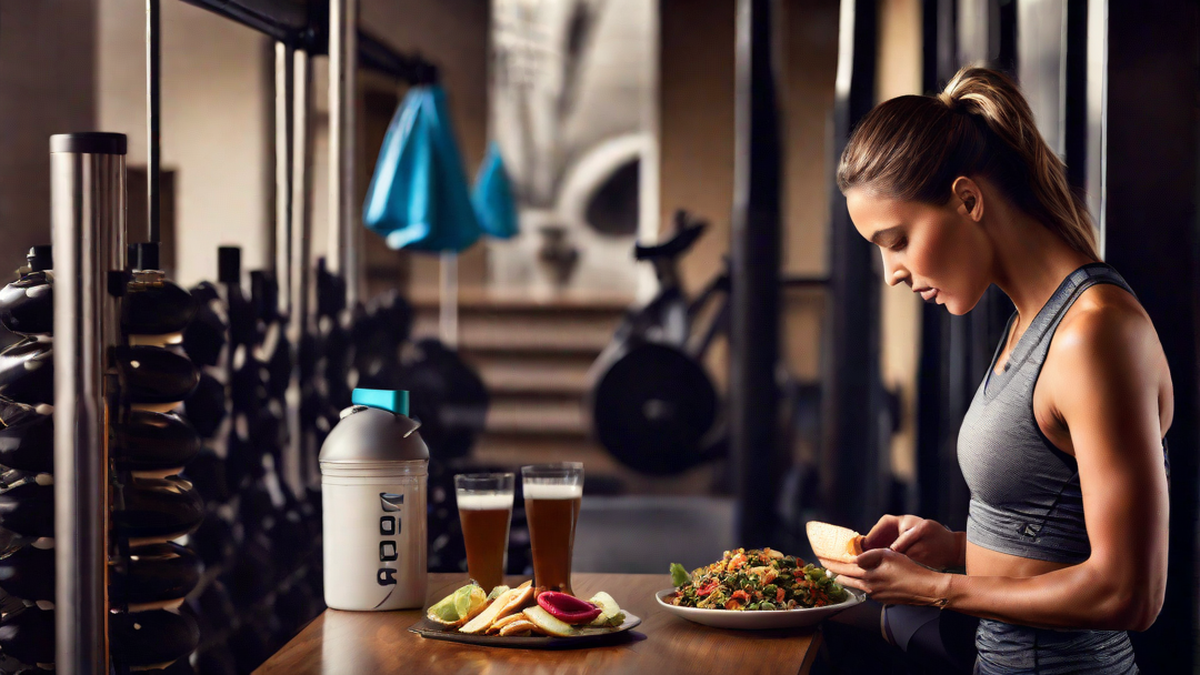When it comes to fueling our bodies for exercise, timing is everything. As a runner and fitness enthusiast, I understand the importance of eating the right foods at the right time to optimize performance and avoid discomfort during a run. The question of how long to wait before running after eating is one that many runners struggle with. Let’s delve into this topic and explore the optimal timing for pre-run fueling.
Understanding Digestion
Before we discuss the ideal time to eat before running, it’s essential to understand how our bodies digest food. Digestion is a complex process that can take several hours, depending on the type and quantity of food consumed. Our bodies break down carbohydrates, proteins, and fats into smaller molecules that can be absorbed by the bloodstream and used as energy.
Carbohydrates, in particular, are the primary source of fuel for running. They provide the necessary energy to sustain endurance activities. When we eat carbohydrates, our bodies convert them into glycogen, which is stored in our muscles and liver to be used during exercise.
Factors to Consider
Several factors determine how long you should wait before running after eating:
- The type of food: Foods that are high in fat, fiber, or protein take longer to digest compared to simple carbohydrates. Therefore, it’s advisable to choose a pre-run meal or snack that is easily digestible and predominantly consists of carbohydrates.
- The quantity of food: Eating a large meal close to your running session can lead to discomfort and may hinder your performance. It’s recommended to eat smaller, balanced meals or snacks to provide a steady source of energy without overloading your digestive system.
- Your personal tolerance: Each individual’s digestive system is unique, and what works for one person may not work for another. Pay attention to how your body reacts to different foods and timing strategies, and adjust accordingly.
Optimal Timing
Based on my personal experience and research, I find that waiting 1 to 2 hours after a light meal or snack before running is ideal. This timeframe allows for sufficient digestion while still providing an adequate source of energy. If you’ve consumed a larger meal, it’s best to wait at least 2 to 3 hours to ensure comfortable running without experiencing any stomach discomfort.
Keep in mind that this is just a general guideline, and you may need to experiment to find what works best for you. Some runners prefer to eat a small snack, such as a banana or energy bar, 30 minutes to an hour before running to provide a quick source of fuel. Others may find that they need to eat a larger meal several hours before their run to avoid hunger and maintain energy levels.
Key Considerations
While timing your pre-run meals is crucial, it’s also essential to pay attention to what you eat. Opt for easily digestible carbohydrates such as whole grains, fruits, and vegetables. Avoid high-fat and high-fiber foods, as they can cause gastrointestinal distress during exercise.
Additionally, staying hydrated is vital for running performance. Be sure to drink enough water before and during your run to prevent dehydration and maintain optimal performance.
Conclusion
Fueling your body properly before a run is essential for maximizing performance and avoiding discomfort. Finding the right balance between timing and food choices is crucial for each individual. Experiment with different strategies to find what works best for you, and always prioritize listening to your body. With the right fueling approach, you’ll be able to conquer your runs with energy and confidence.

